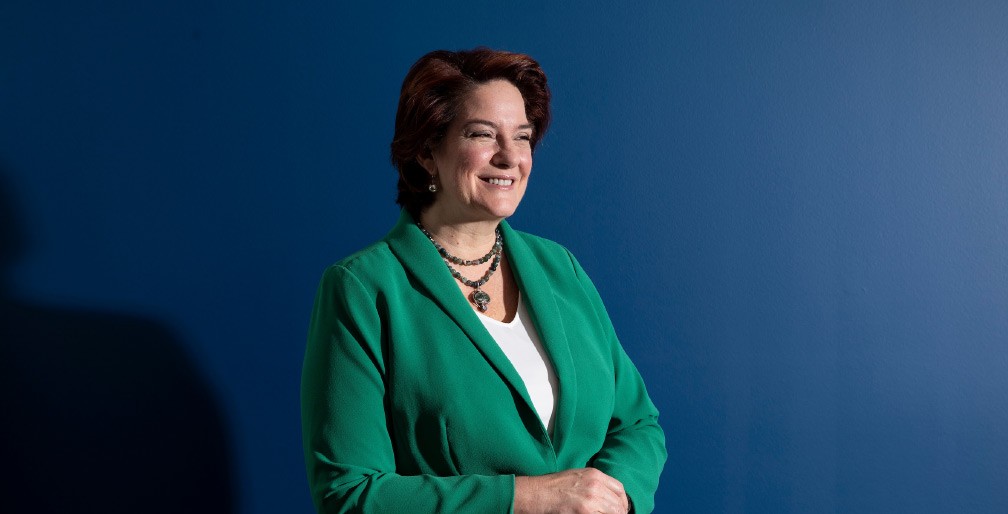Why Corporate Executives Need Coaches, Too
Some of the best athletes of recent decades are inextricably linked to their coaches. Just think of Michael Jordan and Phil Jackson, Rafael Nadal and Toni Nadal or Tom Brady and Bill Belichick.
The idea that world-class athletes need gifted mentors to optimize their performance is not controversial. Yet we have not always permitted corporate executives the same support. In the past, working with an executive coach was seen as a last-ditch effort to stave off termination.
As the complexity and pace of the business environment increases rapidly, however, companies are realizing that mentors can help their top performers cultivate behaviors that yield results. Business luminaries from Microsoft co-founder Bill Gates to former Google CEO Eric Schmidt have spoken about how they benefited from executive coaching.
The leaders we coach at Insigniam possess the self-awareness to recognize patterns of behavior in the past that have limited their effectiveness. They are extremely motivated to change because they are committed to creating unprecedented results through unprecedented action. Executive coaching can identify and eliminate blind spots to unlock breakthrough results. This is invaluable because executives often struggle to see their own behaviors and leadership in real-time.
Action Through Accountability
The higher an executive climbs, the fewer people around her feel comfortable providing unvarnished feedback. It is a common challenge. That is why leaders often hire an executive coach after they are promoted into positions of greater responsibility or join a new organization at a senior level. An extra set of eyes can improve execution immeasurably. Laser-focused on action, leadership and the future, a trusted coach studies patterns of behavior, fine-tunes performance and demands action through accountability. This is why we firmly define measurable results and the time frame for achieving them. That is what we expect to come from a coaching engagement.
Just as a basketball coach keeps an eye on the big-picture game trends in addition to specific players’ performances, an executive coach monitors business results in addition to professional behaviors. And just as an athletic coach is held accountable for wins and losses, an executive coach is accountable for the deliverables his executive owes. Accordingly, a great coaching relationship begins with a clear conversation that defines what improvement and success look like.
As a talented athletic coach pushes athletes beyond their preconceived limits, a talented executive coach transforms leaders into true standouts. The bottom line: Whether in sports or in business, great performers are not born—they are coached.



